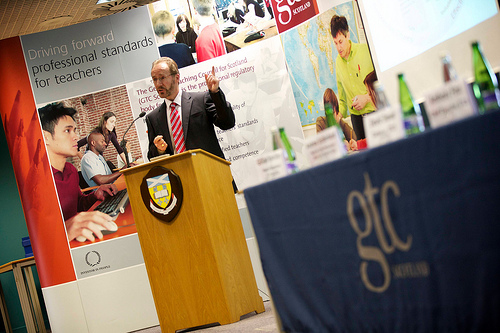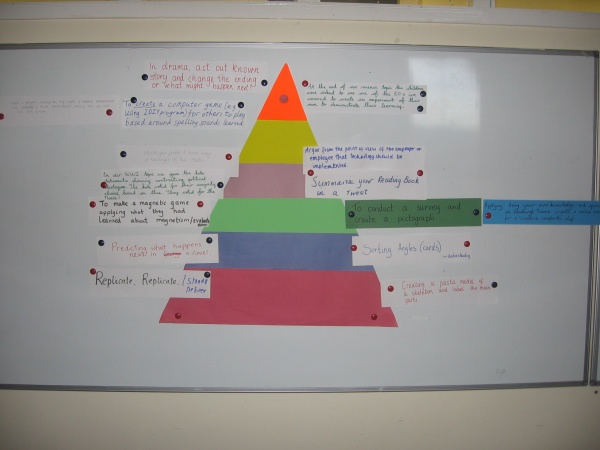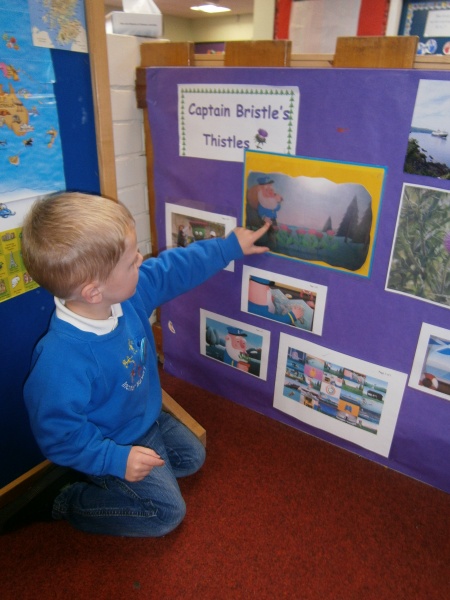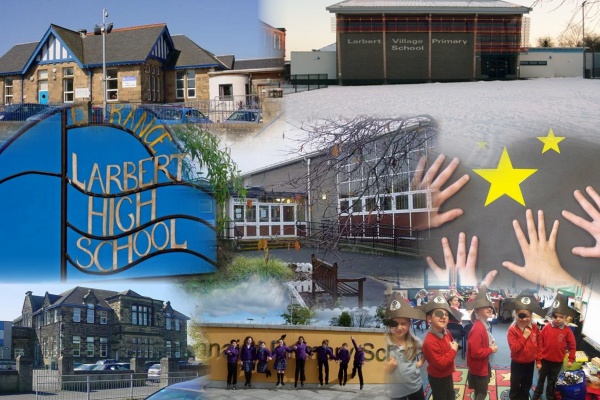 Falkirk’s Teaching for Deep Learning programme is now available to support school-based professional learning. This programme consists of 19 sessions focused on aspects of effective teaching which are essential to the promotion of deep learning in our pupils. The sessions are active, intellectually stimulating and designed to be experienced by collaborative groups of practitioners such as Teacher Learning Communities.
Falkirk’s Teaching for Deep Learning programme is now available to support school-based professional learning. This programme consists of 19 sessions focused on aspects of effective teaching which are essential to the promotion of deep learning in our pupils. The sessions are active, intellectually stimulating and designed to be experienced by collaborative groups of practitioners such as Teacher Learning Communities.
“Teaching Scotland’s Future” said that the “foundation of successful education lie in the quality of teachers and their leadership. High quality people achieve high quality outcomes for children.” Without a doubt what it means to be a teacher is being re-conceptualised. Enabling our teachers to operate as enquiring practitioners and encouraging their self efficacy is at the heart of this programme.
Trialling in a range of establishments this session has demonstrated how flexible the content of the programme is, and that there are varied ways in which it can be used. View these variations in the document at the end of this post and consider if any are useful to you as you self-evaluate and create your school improvement plans.
The programme was created by Susan Dyer, Head teacher at Bankier Primary School, Gillian Campbell, PE teacher from Braes High School and Sharon Wallace and Yvonne McBlain from our Curriculum Support Team. Colleagues across our service have helped the team revise and improve the programme and we have a team of 16 facilitators currently training to deliver it.
I am confident that the programme aligns with the recommendations of the Donaldson Review, the new suite of GTCS standards & Professional Update and our own Employee Review and Development process. I recommend it to you.
To discuss how this programme might support your School Improvement Planning in more detail, contact yvonne.mcblain@falkirk.gov.uk . Click here to view a summary of programme sessions.

 Yvonne McBlain, support teacher with Falkirk Council Curriculum Support Team delivered some new professional learning around the Higher Order Skills on 7th November. Click here to take a look at this session and contact Yvonne on yvonne.mcblain@falkirk.gov.uk for more detail about this course.
Yvonne McBlain, support teacher with Falkirk Council Curriculum Support Team delivered some new professional learning around the Higher Order Skills on 7th November. Click here to take a look at this session and contact Yvonne on yvonne.mcblain@falkirk.gov.uk for more detail about this course.










